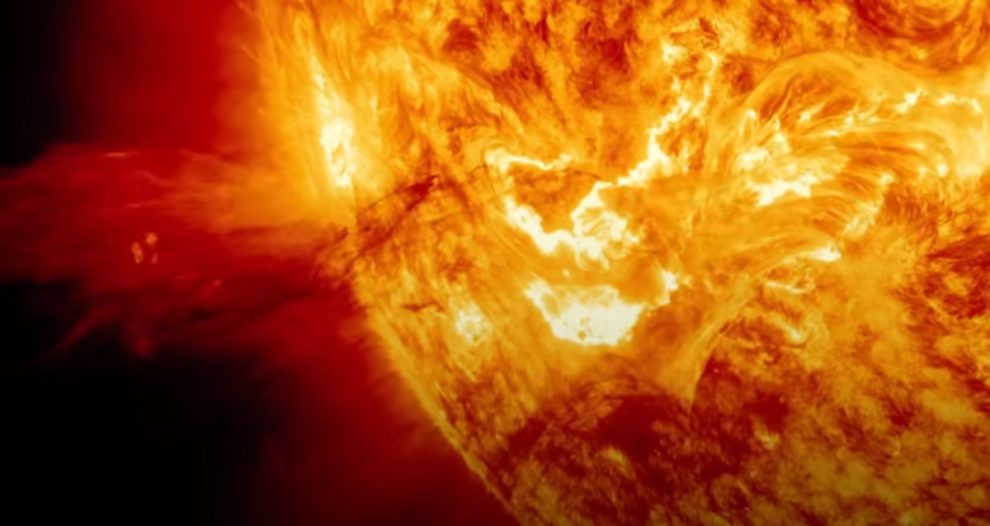Solar storms, also known as coronal mass ejections, are known to damage electrical grids and cause blackouts; however, experts believe they could also negatively affect internet infrastructure, resulting in a global internet outage.
Sangeetha Abdu Jyothi of the University of California, Irvine revealed this last week at the SIGCOMM 2021 data communication conference. In her research, she revealed that, while local and regional internet infrastructure would be at low risk of damage during extreme solar storms because they mostly use fibre optic cables that are not affected by geomagnetically induced currents. Even short cable runs that are vulnerable to these storms are grounded on a regular basis, removing the possibility of damage.
Undersea cables that connect continents, on the other hand, are a different storey. Even though most of these continents are linked by fibre optic cables, the repeaters that amplify the current at regular intervals are highly susceptible to failure, and if most of these repeaters on a network fail, it could be enough to cause an internet blackout in a specific nation that relies solely on internet from undersea cables.
Abdu Jyothi said in a conversation with the WIRED, “What really got me thinking about this is that with the pandemic we saw how unprepared the world was. There was no protocol to deal with it effectively and it’s the same with Internet resilience. Our infrastructure is not prepared for a large-scale solar event. We have very limited understanding of what the extent of the damage would be.”
One of the main reasons for this fear is the limited amount of data we have at our disposal. Severe solar storms have previously been recorded, including those that occurred in 1859, 1921, and 1989.
Even though power grids did not exist during the 1859 event, historical literature reveals that the storms caused compass needles to swing uncontrollably and many saw the aurora borealis – an occurrence seen only at our planet’s poles – in Columbia, at the equator.
The most recent solar storm, which occurred in 1989, knocked out the Hydro-Quebec power grid, resulting in a nine-hour power outage in northeast Canada. And, after decades of low-solar-storm activity, experts are concerned that we are on the verge of another massive solar storm.
Abdu Jyothi added, “There are no models currently available of how this could play out. We have more understanding of how these storms would impact power systems, but that’s all on land. In the ocean, it’s even more difficult to predict.”
